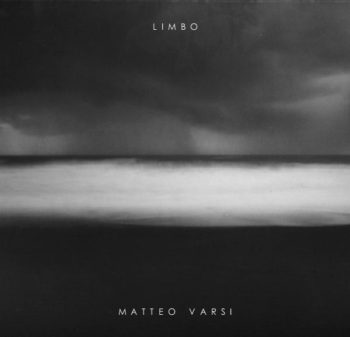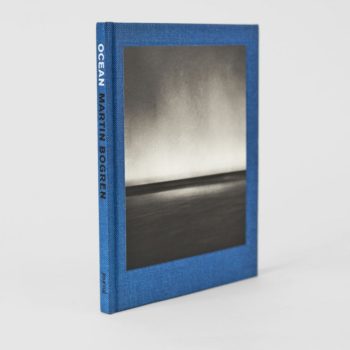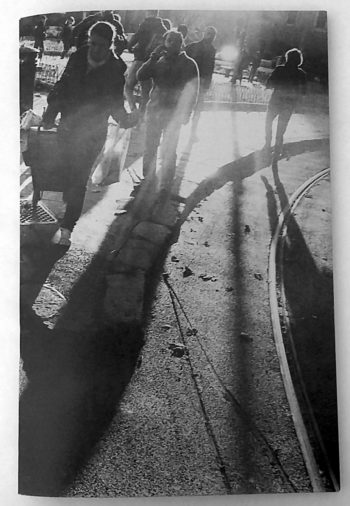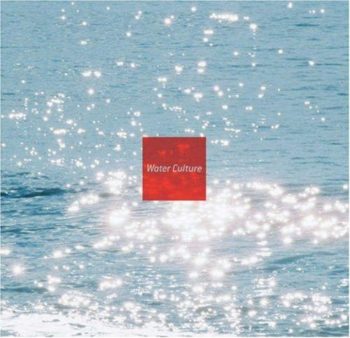Hardcover 1st edition
Trolley Books (2004)
160 pages
70 tritone BW photos
hardback with jacket 20,7 cm x 29,0 cm
english
Werner Bischof was a singular post-war photographer. His focus on showing the poverty and despair around him in Europe was tempered with a desire to travel the world, and convey the beauty and humanity waiting to be discovered through his lens. Tragically his inspirational life was cut short by a car accident in Peru, but his legacy lives on, and here his son Marco presents 70 of his father’s photographs, never before published.
In 1916, with the Great War reducing northern Europe to a treeless, shattered void, a boy was born to the prosperous director of a pharmaceutical firm in Zurich. He was named Werner. It was not an auspicious time to be born and, indeed, his mother died soon after. As a child, young Werner sought order in his life by dissecting snails and photographing, in the limpid light of his creation, the elegant whorls revealed.
He did not become the physical training instructor (a compromise) his father wanted him to be. He did not become the painter he had once wanted to be in Paris in 1939, on the brink of another devastating conflict. He became Werner Bischof, the man, and a photographer of incalculable artistry who found in both order and the chaos he confronted and experienced a sublime beauty, a humanity that was singularly his own.
His photographs of the post-war Europe in poverty and despair expressed infinite hope for the human condition; yet he was only 29. Less than 10 years later he was dead, leaving behind among his last photographs that of a Peruvian child playing his flute on the edge of a ravine. It is now an iconic photograph, and has a fatal allure.
Bischof himself died when his jeep plunged over a ravine in the Andes on a quest for the faces, the lives, of harmony there. Fifty years later his son Marco has gathered together 70 previously unpublished photographs by Werner Bischof. They powerfully reiterate the man his father was, the nature of his humanity and his search for a benign and beautiful cognisance of the brief and terrifying world he lived in.
The great Swiss photographer Werner Bischof (1916-1954), studied with Hans Finsler in his native Zurich at the School for Arts and Crafts (1932-1936), and went on to open his own photography and advertising studio, which he ran until his military service in 1939. As of 1942, he was a freelancer for Du magazine, and earned international recognition with the publication of his 1945 coverage of the war’s devastation in Europe.




























